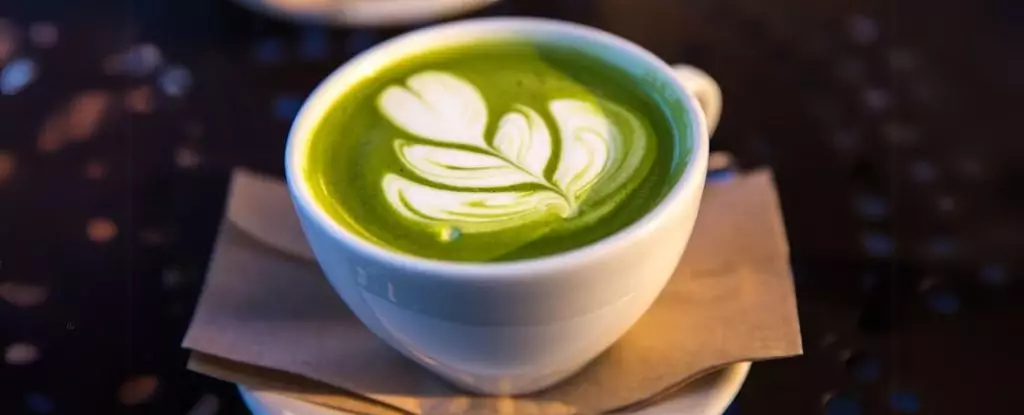Matcha is not just a beverage; it is a centuries-old elixir that embodies the calm and meditative spirit of Zen Buddhism. Originating in China and later embraced by Japan, matcha’s history is steeped in tradition and cultural significance. Its transformative journey began in the 12th century when Buddhist monks brought the powdered green tea to Japan to enhance their meditation practices. Over the years, matcha has carved out a niche for itself in Japanese tea ceremonies, celebrated for its ability to evoke tranquility and mindfulness. Today, this vibrant green powder has transcended its cultural roots, becoming a prominent staple in the global health and wellness arena.
Unlike regular green tea, which is steeped and strained, matcha requires consumption of the whole leaf in powdered form—a distinction that amplifies its health-promoting properties. The method of cultivation is also what distinguishes matcha from other teas; the tea plants are shade-grown for several weeks prior to harvest, increasing chlorophyll, amino acids, and the tea’s overall flavor. Thus, what presents itself to the consumer is not just a drink, but a concentrated experience of flavor and well-being.
Caffeine and Antioxidants: A Complex Relationship
Caffeine is commonly associated with both matcha and coffee, yet their effects and benefits can differ immensely. Matcha contains a moderate level of caffeine, providing a smoother energy boost compared to coffee. The presence of L-theanine, an amino acid found in matcha, creates a synergistic effect that promotes relaxation and mitigates the hyperactive rush often associated with coffee. This means that matcha drinkers enjoy a state of alert calmness as opposed to the jitteriness that can accompany excessive coffee consumption.
Additionally, matcha is a powerhouse of antioxidants, particularly a specific group known as catechins, which are documented for their potential to bolster the immune system, mitigate inflammation, and even support weight management. However, it is essential to approach these claims with caution. Much of the existing research is preliminary, predominantly involving lab studies rather than comprehensive clinical trials on humans. While these findings present an optimistic view of matcha’s health benefits, consumers should temper their expectations and avoid becoming overly reliant on it as a cure-all remedy.
Iron Absorption and Dietary Considerations
When incorporating matcha or coffee into one’s diet, it’s crucial to consider their effects on iron absorption. Both beverages contain tannins and polyphenols, which can inhibit the absorption of non-heme iron found in plant-based foods. For individuals who adhere to a vegetarian or vegan diet, or those prone to iron-deficiency anemia, moderation becomes a necessary mantra. Consuming matcha or coffee at least two hours away from meal times can help mitigate this risk, ensuring that you can enjoy these beverages without compromising your nutritional intake.
Furthermore, both beverages come with a degree of acidity that can generate digestive discomfort for sensitive individuals. Matcha may offer a gentler experience, but it’s essential to listen to your body and adjust your consumption accordingly.
Choosing Your Ideal Brew: Matcha vs. Coffee
Deciding between matcha and coffee ultimately hinges on personal preferences and health goals. Coffee boasts extensive research backing its benefits, with established guidelines advocating for safe consumption levels. In contrast, matcha is still carving out its niche in the scientific community, potentially becoming an ideal choice for those looking for a gentler stimulant with antioxidant benefits.
For those who relish the richly caffeinated experience and have the ability to tolerate its effects, coffee may be a perfect match. However, if you’re seeking a more balanced energy boost with added tranquility, matcha is not just an alternative—it’s a lifestyle. It encourages mindful drinking, promoting a reflective state that translates beyond the cup.
Ultimately, both drinks hold a cherished place in the wellness landscape, providing unique advantages. Opting for one over the other should account for your individual lifestyle, caffeine sensitivity, and specific health conditions. With a gracious approach, both matcha and coffee can become delightful companions on your journey toward a healthier life.

